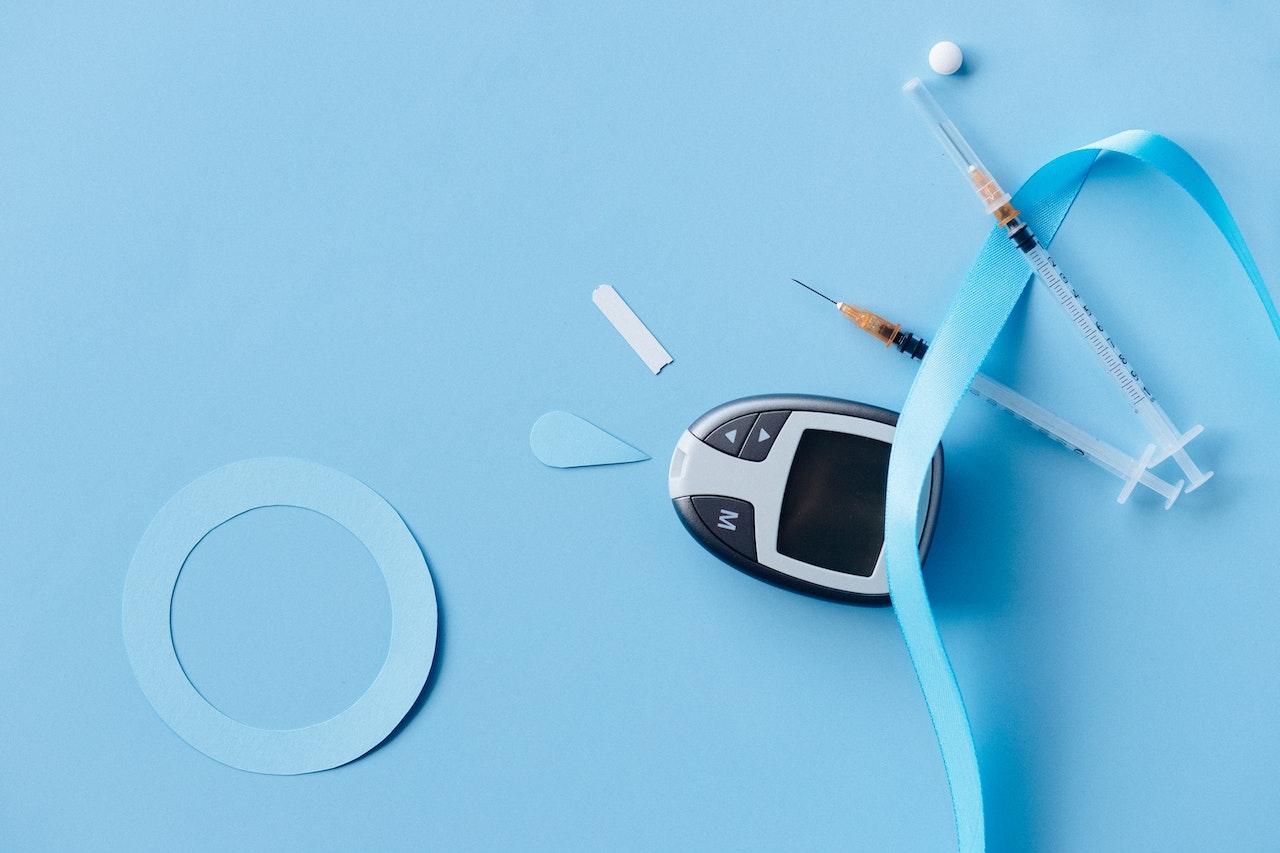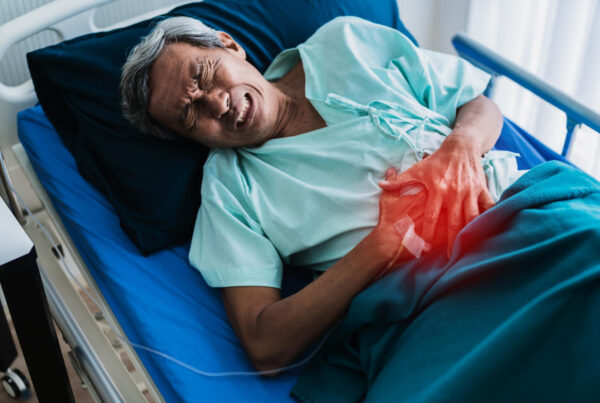Do you get scared of diabetes? It happens because nowadays it has become a widespread disease among others. Though it’s not infectious, it is still very dangerous if not taken care of from an early stage. If you closely notice the symptoms you will find that most early symptoms are induced by higher-than-normal levels of glucose, a type of sugar, in your blood. If you don’t much bother you may miss the signs also .because they are very mild. It’s even more truthful for type 2 diabetes. It is very hard to notice until long-term damage happens. If you fall into type 1 diabetes, there is a high chance you can see signs and symptoms of it in a matter of days or a few weeks. They are much more acute too.
Symptoms of Type 2 diabetes
If your glucose has been high for a long time, you may fall into Type 2 diabetes
-
Yeast infections
You may sense yeast infections. Yeast depends on the glucose, so if have a higher percentage of glucose in your body, it will make it thrive. Infections can develop in any warm, moist parts of the body including
- Under breasts
- Between fingers and toes
- In or around sex organs
-
Slow-healing sores or cuts.
High blood sugar affects your nerves and causes nerve damage. So, if you are a type 2 diabetes patient, you may face difficulty in healing sores or cuts.
-
Pain or needle like sensation in your feet or legs
Another symptom of type 2 diabetes is pain or numbness in your feet or legs. You are suffering from this because of nerve damage.
Early signs of diabetes
-
You might pee more
If you notice you will know that every day you will end up peeing between four and seven times in 24 hours. But people with diabetes tend to go more. Generally, your body sucks glucose as it transfers through your kidneys. Tragically, diabetes pushes your blood sugar up, and your kidney is unable to bring it all back in. This makes the body make more urine. As a result, you will have to spend more time in the bathroom. So you naturally get thirsty. In addition to this, if you drink more, you will also pee more.
-
You will feel fatigued and hungry
Every day, after consuming food, your body transforms the food you eat into glucose that your cells use for energy. But your cells use insulin to take in glucose. If your body doesn’t produce enough or any insulin, or if your cells block the insulin your body makes, the glucose cannot enter into them, and you have no
-
Itchy skin or dry mouth
Your body uses fluids to make pee, so there is less moisture for other things. So naturally, you could get dehydrated. As a result,you may suffer from dry mouth. A dry mouth often leads to itchiness.
-
Blurred vision
If your body faces changing fluid levels randomly, it could even make the lenses in your eyes enlarge. Eventually, they change shape, and cannot focus.
Symptoms of Type 1 Diabetes
You might notice:
-
Unexplained weight loss
Your body gets energy from your food. If it’s not meeting its requirement, then your body will begin burning muscle and fat for energy instead. So you can see a drastic change in your weight even though you eat the same amount of food. Check on which foods are the maximum levels of trans fatty acids.
-
Vomiting and nausea
In the process of burning fat, ketone is produced in your body. These can roll up in your blood to dangerous levels. It is labeled as diabetic ketoacidosis. Ketone can be responsible for your upset stomach
When to visit a doctor
If you have other symptoms of diabetes and are older than 45, it is crucial to get tested. If you spot the symptoms early, you can avoid heart problems, nerve damage, and other complications.
Symptoms of Gestational Diabetes
If you are pregnant, you should know about this type of diabetes. Tragically it has no symptoms. You may just feel a little thirstier than normal or have to pee a little more.
Warning Signs of Diabetes Complications
Signs of type 2 diabetes complications may include:
- dark skin changes of the neck, armpit, and groin, called acanthosis nigricans
- Numbness and tingling of the hands and feet
- Slow-healing sores or cuts
- Itchy skin (the main target is the vaginal or groin area)
- Frequent yeast infections
- Rapid weight gain
- Decreased vision
- Erectile dysfunction or impotence
Diabetic Coma
It is more common in type 2 diabetes. Diabetic coma is officially called hyperosmolar hyperglycemic nonketotic syndrome (HHNS). This serious complication can progress into a diabetic coma and even death with either type of diabetes. It happens when your blood sugar level reaches too high and your body gets acutely dehydrated.
Symptoms include:
- Blood sugar over 600 mg/dl
- Dry mouth
- Uncontrollable thirst
- Warm, dry skin that doesn’t sweat
- High fever (over 101 F)
- Sleepiness or puzzled
- Hallucinations
- Weakness or sense paralyzed on one side of your body
- Vision loss
Hypoglycemia
If you face Hypoglycemia, or low blood sugar, it occurs due to the level of sugar or glucose in your blood drops too low to fuel the body. Symptoms include
- Lightheaded or dizzy
- Tingly or numb in your lips, tongue, or cheeks
- Shaky
- Nervous or anxious
- Sweaty, chilly, or clammy
- Cranky or impatient
- Confused or puzzled
- Hungry
- Sleepy
- Weak
You might notice:
- Seizures
- Fast heartbeat
- Pale skin
- Blurred vision
- Headache
- Disturbed sleep
- Coordination problems
Hyperglycemia
Hyperglycemia, or high blood sugar, is induced by many of the warning signs of diabetes listed above, You might notice
- Numb or needle like sensation feet
- Tiredness
- Sugar in your urine
- Weight loss
- Vaginal and skin infections
- Slow-healing cuts and sores
- Blood glucose cross 180 milligrams per deciliter (mg/dl)
- Heavy thirst
- Blurry vision
- Peeing a lot
- More hunger
Call a doctor if you see
- If you feel dry mouth, weak
- Abnormal pee rate
- Since a bad belly ache
- Are breathing rapidly and faster than normal
- Since a breath that smells like nail polish remover(This is a sign of very high ketones).
Hope this article guides you to know symptoms of diabetes before a big hazard happens. Take care of your health.
Source: https://www.webmd.com/diabetes/guide/understanding-diabetes-symptoms https://www.mayoclinic.org/diseases-conditions/diabetes/in-depth/diabetes-symptoms/art-20044248










